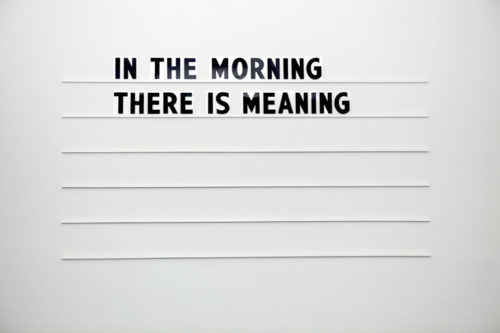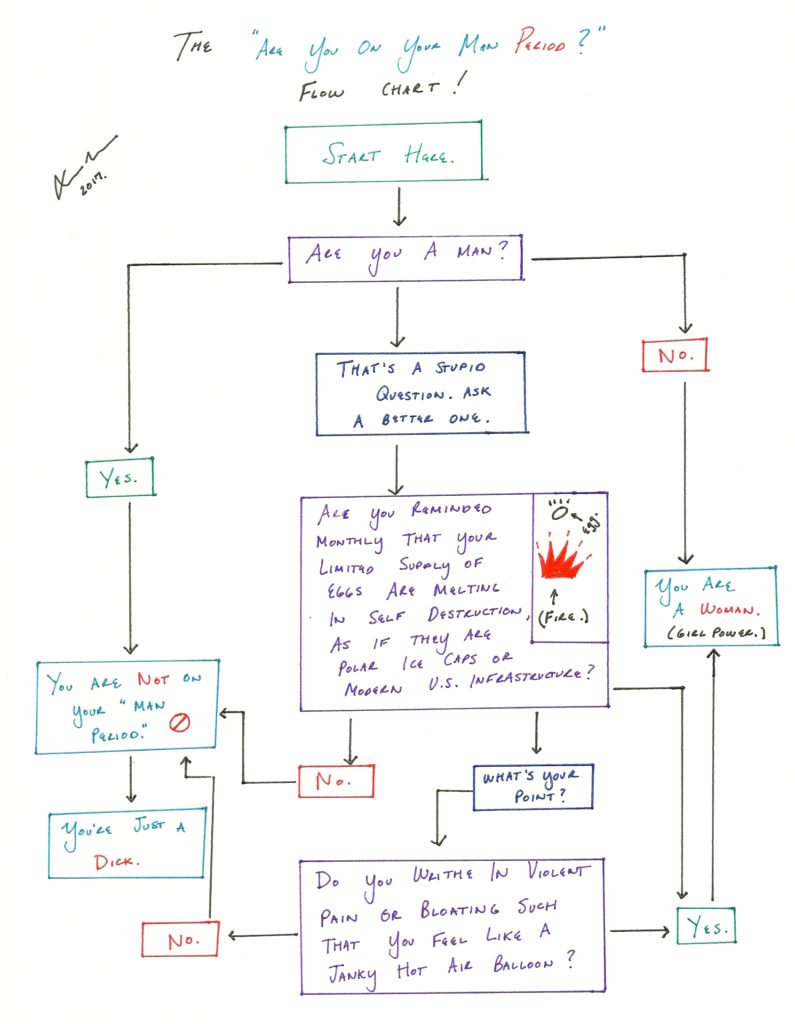I’ve spent the last few months trying to eviscerate bad habits from my daily routine in exchange for healthier ones. One habit I have tried to adopt with little success is becoming more of a so-called morning person. I am exceptionally envious of people who are “morning people” – those individuals who look like doves dressed them in the morning amid a ray of immaculate sunlight. I, on the other hand, look and feel like I have been attacked by a flock of pigeons in a desolate alley.
I consider myself to be a fairly empathetic person, but I have never understood the mindset of an “early bird”. A former roommate of mine – a self-professed morning person – once described to me her typical morning disposition. Her alarm clock would go off at the same time each day. Without question, she would get up immediately and enact all the tasks of a functional human being in the morning – iron clothing, make hot coffee and breakfast, wash her face, not curse the sun in rage, straighten her hair, sit for a few minutes to think about the day before her. As she described this to me, I mustered all my willpower to stop me from exclaiming, You’re a god damn liar! It’s impossible to feel this way in the morning! Impossible!
—
A morning scene:
The sound of your alarm pierces through your dreams, lurching you to consciousness. It’s cold and you feel like frozen inertia, save for the mild warmth of an impending caffeine headache. “Arm, move,” you say, but the arm is tucked under 2 blankets, a pillow, and a stuffed otter. Any movement would expose extremities to the bitter chill of the room. Better to not expend any of that arm energy, you think.
You attempt to stretch your eyes open, but your eyelids rise only halfway. It’s as if the frigid, dense air is weighing down on your eyes, taunting you to close them again. Your surroundings are blurry – the colors, the room, the time all blends together. The sun is obscenely bright, but the cold is impenetrable. The spot of blanket that you haven’t touched in roughly 8 hours is cold. The edge of the bed is undoubtedly cold. You wince at the thought of touching the floor below you, which, inevitably, is cold. You squeeze the warm life out of the stuffed otter, debilitated by the thought of any other movement into the cold. Your partner cries, “Stop moving, you’re letting all the cold air in blankets!” She’s not a morning person either.
You stare, bleary eyed at your cell phone because it is 2017 and machines that operate as lone, single-function objects – like clocks – no longer exist. When you were 7, you used to set the clock ahead by 20 minutes to trick yourself to get up earlier. But, after a few days, you would wake up, subtract the minutes from the time, and head back to bed. It’s one the few times in your childhood when you enjoyed doing math.
Now, in your thirties, you reset your phone alarm the moment it goes off so that you can hold on to these last minutes of toasty bedside warmth. Days later, you’ll look at your phone again and wonder why you have pre-set alarm settings of 7:13, 7:27, and 7:38 AM.
Only a few minutes, you tell yourself. It’s a lie and you know it. You’ve played this scenario out before, but you lie to yourself because the thought of standing in the shower to rushing, cold-water makes you shiver. Even the toothpaste you will scrape on your teeth in a dazed state will be cold.
Suddenly, 2 minutes have elapsed, which becomes 10 minutes, which becomes 15 and FUCK, you’ve got to get out of bed and HOLY HELL traffic just picked up 10-fold and FUCK, FUCK, FUCK.
And that’s how it feels to wake up in the morning if you’re not a morning person.
—
My aversion to being morning person is not from the lack of trying. As a kid, my parents used to wake me up at 6 in the morning since their jobs necessitated that we be out the door at 6:30. The morning gene was supposed to be in my DNA, but I never acclimated to the early wake up calls. I simply watched Bananas in Pajamas with burning resentment.
Both of my parents are morning people. My father, a former member of the South Vietnamese Air Force, still stringently follows a military-like routine starting with a rise at dawn. He once told me the story of how he escaped Vietnam in one of the last single engine planes to fly out of Saigon’s Tan Son Nhat Airport, which lifted off at 10:00 AM on April 29, 1975 – one day before Saigon fell. As soon as the plane landed in Thailand, his crew had learned that Tan Son Nhat had been burned to the ground. It was a strategic move to eliminate the main travel artery in and out of the city before it crumbled to the communists. If he had arrived late or woke up later, he would shared the same fate as my grandfather – dead in a re-education camp.
I, on the other hand, have held up a plane twice because the flight was too early in the morning.
—
I’ve tried everything to become more of a morning person: giving up coffee, going to bed at a similar time each night, strongly considered A-Ha’s Take On Me as my alarm ringtone, moving my exercise routine to the morning, moving to California where everyone is late and no one is a morning person. Internetlandia – what else is there to do?

